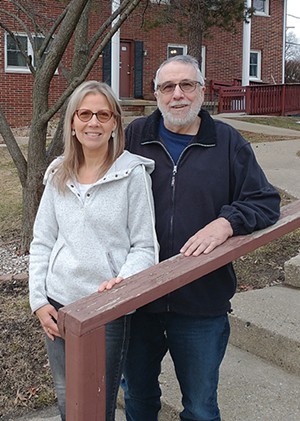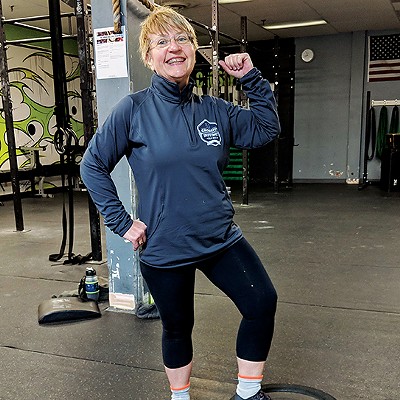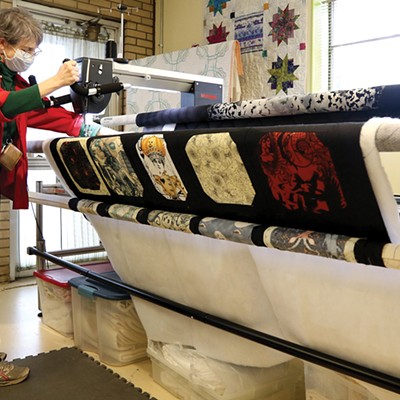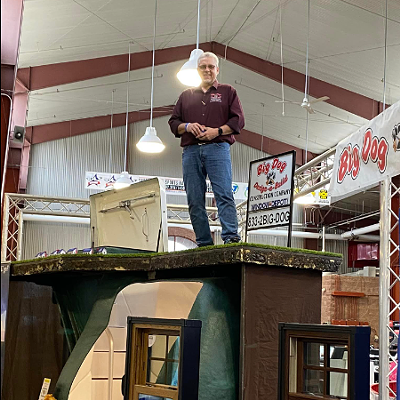Helping the homeless
Scott Payne, from Argenta, has been helping the community as executive director at Inner City Mission of Springfield for over 28 years. The organization provides shelter, sustenance, education and Christian counseling to homeless children, their parents and single women.
To give or not to give: thoughts on when and how to help. Many people suffer from homelessness or might be lacking stability in life. Knowing when and how to help can be difficult. "I've had many calls from moms and grandparents wanting to know what to do about a child or grandchild that might be homeless," says Payne. "They might be asking for money or to live at home." Often people want to help but end up giving the person more ways to hurt themselves. The better solution is to find alternative ways to help. "Give them the address of a homeless shelter with a good rehab program," says Payne. "That way they get what they need. Because enabling them will only continue to spiral the relationship downward."
Writing a letter to your loved one is a great place to start. One of the first things Payne suggests to people asking how to help a loved one is to write theme a letter. Especially if they have to tell them no. "Write a letter and take your time doing this," says Payne. "Many times putting things in writing clarifies what is said and what we expect to take place before any other actions are to happen." The letter shouldn't be accusatory or flippant, but show your compassion for the person and that you want to help. "Give them something they can do so you can respond in a positive way," says Payne. "You want to help but you're afraid giving to them will hurt them in the long run. Sometimes a no is the greatest gift you can give a person." Setting boundaries with loved ones can be difficult but necessary for long-term recovery.
Helping is not just about giving money or things. The best way to help someone experiencing homelessness is to build a relationship with them and learn what they need to succeed. "Helping the homeless isn't about just giving them things," says Payne. "But about getting to know the person and giving them what they need to help find joy and peace."
Volunteering is great... but have a plan. At Inner City Mission there are 16 different levels were people can get involved with the homeless. While the mission is happy to accept any and all volunteers – having a plan as to how your skills can help is important. "Know what your passion or desire is and match it up with an agency that is providing it," says Payne. "If you love veterans, then work with a veterans program. If you love animals, then work with an animal shelter. Don't let an organization guilt you into volunteering. Everyone has different passions." It's also good to match up your skills with the needs of the organization. "People always volunteer and offer to do anything we need, but maybe you would rather plant flowers than sit at a computer or take phone calls." says Payne, "Maybe you can paint a room for them. Or unclog toilets. It's best to be honest about how specifically you can help."
The staff at shelters can always use encouragement. Many times people jump straight to helping the homeless but it's also important to support the staff at shelters and poverty alleviation programs. "Working with people in crisis and chaos, you have to be able to absorb the emotions of the people you work with," says Payne. "Sometimes it's nice to give something to the employees or volunteers to encourage them with their work. So also ask yourself, how can I support someone who is developing a relationship with homeless?" Words of kindness and nice notes for the mission are always passed on to the staff. –Joseph Copley



























